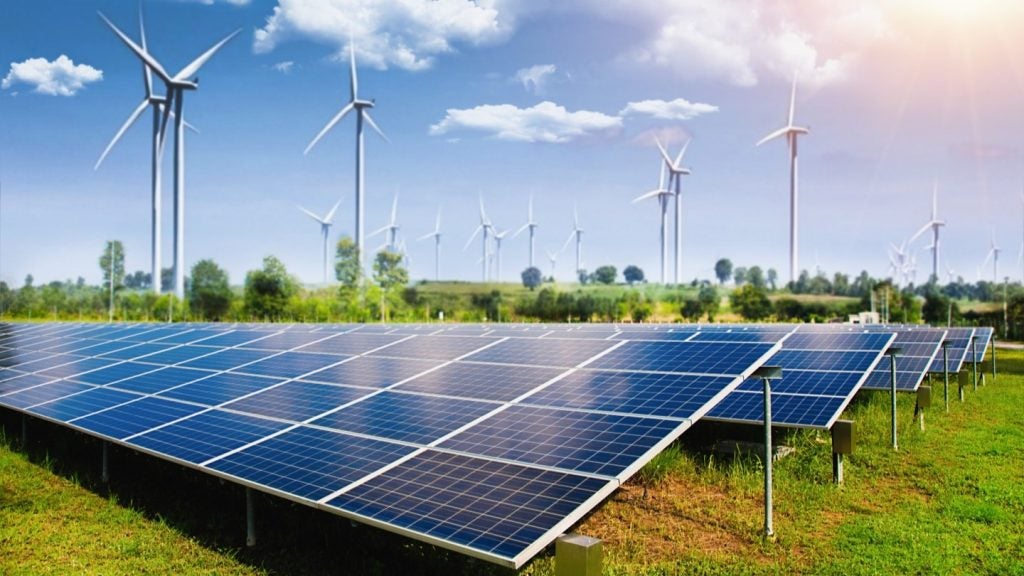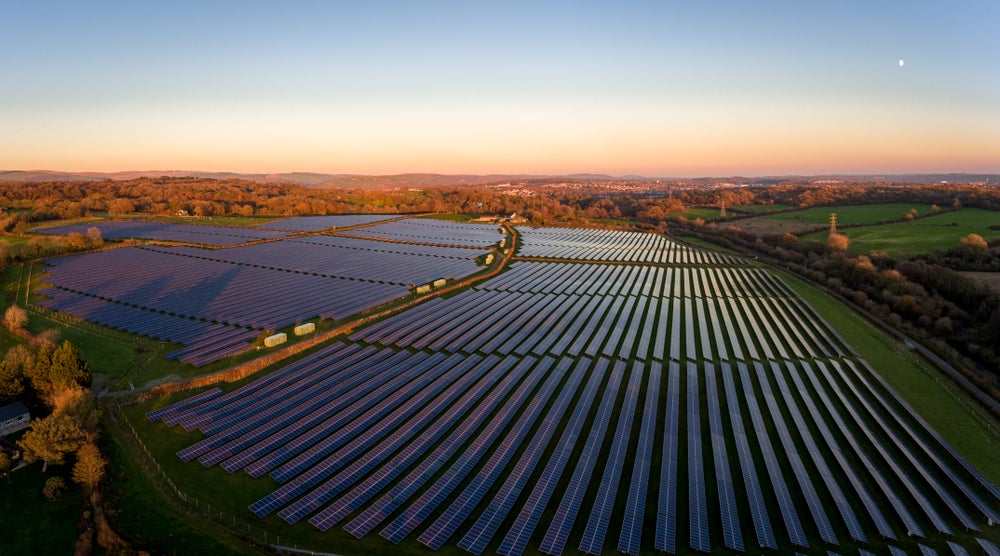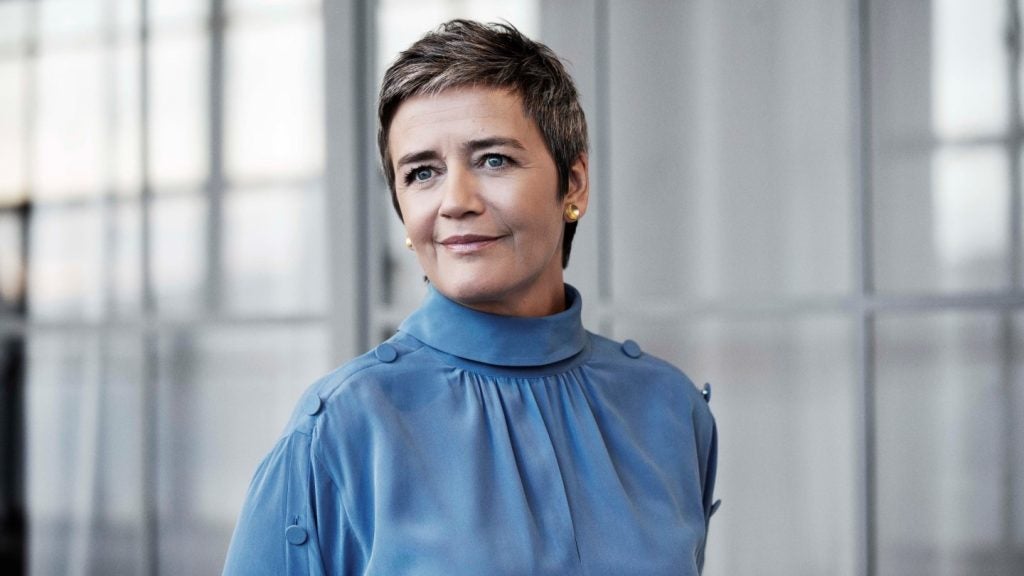The policy director of Europe’s most influential renewable energy organisation has made a swinging attack on the oil industry, accusing it of low criteria on greenhouse emissions, destruction of environments and of only having an interest in short-term profits.
Oliver Schäfer is also adamant that biofuels targets in Europe are attainable while dismissing concerns that their manufacture is the cause of spiralling food prices.
Speaking from his office in the hi-tech and eco-friendly Renewables House in Brussels, in the run up to the World Biofuels Markets expo in the same city, Schaefer, head of the European Renewable Energy Council (EREC), speaks of the ‘mistakes’ made by the oil industry and how the EU’s renewables targets can be reached.
The EU has pledged that, by 2020, 20% of all the EU’s energy will come from renewable sources. Within that target and by the same date, 10% of all transport fuel will come directly from biofuels. The current figure for the latter is just 2%, with the other 98% coming from non-sustainable and non-certified traditional energy sources.
The Renewable Energy Directive sets up a system to guarantee the environmental sustainability of the policy, ensuring that the biofuels fall within a set minimum level of greenhouse gas savings.
The EU will reach these targets, insists Schäfer, with a far better strategy than the oil industry.
How well do you really know your competitors?
Access the most comprehensive Company Profiles on the market, powered by GlobalData. Save hours of research. Gain competitive edge.

Thank you!
Your download email will arrive shortly
Not ready to buy yet? Download a free sample
We are confident about the unique quality of our Company Profiles. However, we want you to make the most beneficial decision for your business, so we offer a free sample that you can download by submitting the below form
By GlobalData“The way we operate is much better,” he says. “We want fair sustainability criteria to operate within and we’ll do it. The oil industry, on the other hand, is destroying on the ground in places like Nigeria and we don’t want to make the same mistakes. It’s clear that renewable energy can deliver compared to oil when it comes to things like greenhouse gases.
“The oil industry is like a huge sea-going tanker that takes forever to turn around. It has a big problem with biofuels, and while it is looking the other way new entrants are starting to take some of the market share. The industry has been slow to react but, realistically, how many CEOs think more than three years ahead?
“It’s all very well the CEOs saying ‘we have to do this and that because we are in a world of intensive consumers’ but they have to think about sustainability too. It’s that
‘oil tanker mentality’ again.
“Wind power was the same,” Schäfer adds. “The utility companies missed out for a decade. Now they are buying into it at huge cost. Once the oil industry realises that it is losing a percentage of its market it will finally wake up.
“The fact is, renewables in Europe already have a turnover of €3bn and by 2020 that figure will be €300bn. That’s a huge amount of money and oil companies will have to react.”
REACTION TO SCEPTICISM
Renewables are a huge part of the long-term future. Despite recent scepticism from some industry sectors and certain Members of the European Parliament (MEPs), Schaefer is adamant that renewables will also achieve much in the short to medium term.
Dorette Corbey – an MEP and the rapporteur for another EU initiative, the Fuel Quality Directive – recently claimed that the 10% biofuels target is unrealistic.
“The Fuel Quality Directive is, among other things, designed to ensure that the use of biofuels does not give rise to environmental and technical problems,” says Corbey. “While it indicates a willingness to further develop biofuels, the directive makes it clear that the growth of biofuels should not lead to environmental damage.
“The balance is not very good, there are not enough good biofuels [to hit the 10% target under the EU’s criteria].” There is also the fact that second generation biofuels are not yet viable and that the target, when using only first generation biofuels, is ‘too high’.
Schäfer begs to differ. “We can’t wait or, of course, we won’t reach our target,” he says. “We are shooting for the moon here and we have to start now. We can meet the 2020 target with a combination of first generation and second generation once they come online.”
“The 10% target can clearly be reached. We could even reach that figure just with European production, although we don’t need to as we can go outside the EU, and the potential percentage is actually much higher than that.”
Quizzed on the high standards put in place by the EU concerning biofuels, Schäfer says: “Not only is the 10% achievable, but it is achievable within the sustainability criteria. More broadly speaking, at EREC we were the first to come up with the ‘20% by 2020’ figure. We believe it can be done and we are not the only ones. There have been plenty of independent scientific investigations and the facts are that the target is certainly realistic, both technically and financially.”
GLOBAL MARKETS
On a further financial note, how will the tough EU standards affect the global renewables market? Will there be enough ‘good’ biofuels available to buy in?
“We have been negotiating with California – a huge economy – and their criteria are strong too,” says Schäfer. “While I can’t promise that, say, all 192 countries that signed up for Kyoto will have the same standards, right across the globe, the reality is that when you have two big economies [the EU and California] applying high standards, the sellers [of biofuels] have to adapt or they’ll lose out.”
FOOD VERSUS FUEL
Opinions are currently divided over biofuels amid the so-called food versus fuel debate. Wheat prices have more than doubled in the past year with leaping demand in rapidly developing countries, low harvests and, crucially, the increasing tendency to turn over farmland to biofuels production.
One effect has been to spark riots in Mexico, where tortilla prices have rocketed. Recently, the UK’s biggest food producer, Premier Foods, called on the British government to free more land to grow wheat, primarily at the expense of biofuels.
“What is really driving food prices up?” asks Schäfer. “Most of all it’s the modern diets in China and India. As for Mexico, 98% of tortilla production is in the hands of one company. They are determining the price. In the end, biofuels will make fuel cheaper and also sustainable.”
Finally, what of the cost environmentally of reclaiming more land to grow the biofuels? “All production has an effect on nature,” Schäfer adds.
“Food production, biofuels production… Not only that, we impact on nature when we so much as build a street.
“But there has to be a balance. With biofuels we quite clearly have standards that make sense and we are willing to commit to sustainability. If we don’t do this, we are in trouble.”







